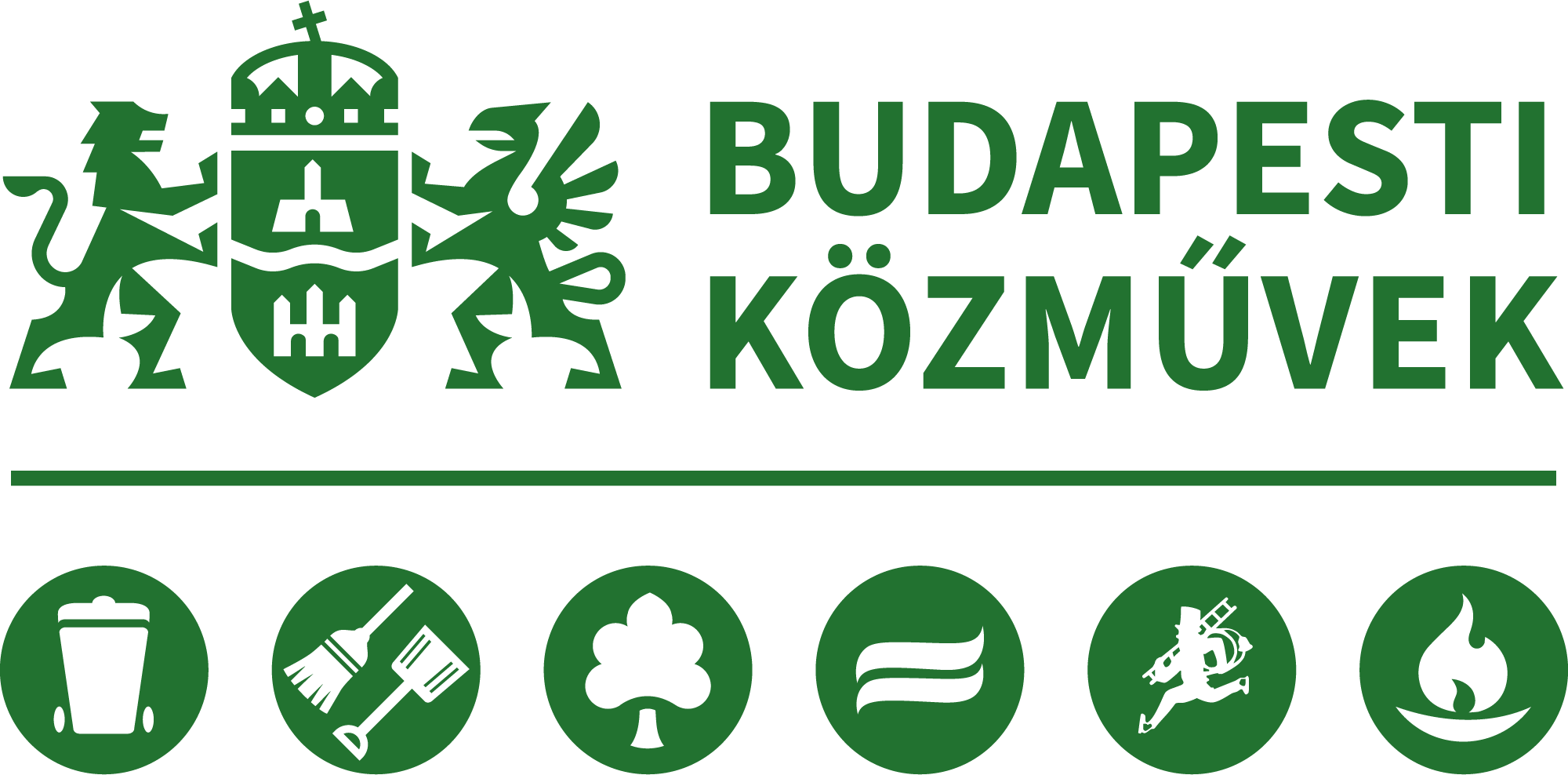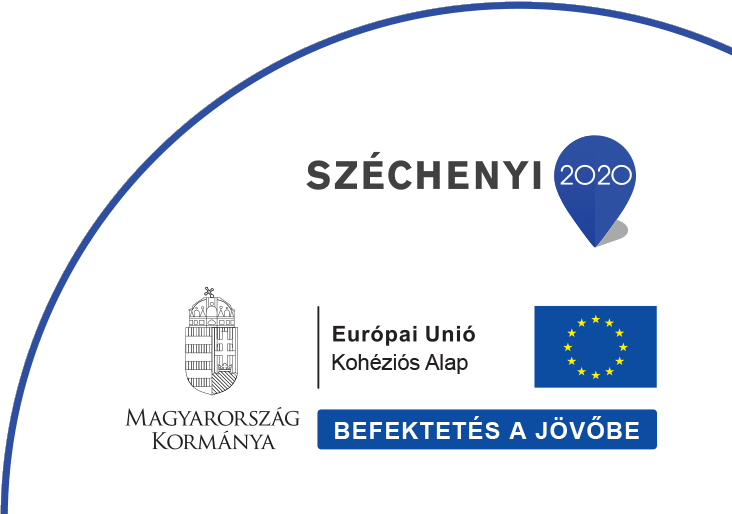Short Company Profile - BKM Budapest Public Utilities Nonprofit Private Limited Company

On September 1, 2021, BKM Budapest Public Utilities Nonprofit Private Limited Company was established, abbreviated in Hungarian as BKM Nonprofit Zrt.
In accordance with the decision of the owner, the Metropolitan Municipality, and as a result of nearly a year’s worth of preparatory work, the unified public utility company in Budapest was formed by the merger of five companies (six service activities: waste management, urban park management, chimney sweeping trade, street cleaning and winter services, district heating, cemetery management and funeral services) and began operating according to the widely used and proven Stadtwerke model in European urban management.
The new metropolitan public utility company unites FŐTÁV Nonprofit Zrt., FKF Nonprofit Zrt., FŐKERT Nonprofit Zrt., BTI Nonprofit Zrt., and FŐKÉTÜSZ Nonprofit Kft. with the aim of increasing economic efficiency and sustainable operations. Since the merger, the former member companies participate in Budapest’s public utility supply as six divisions under unified management - preserving their professional traditions and values dating back several decades. The licensing activities, obligations and rights arising from their public service role, service portfolio and employee communities of the merging five companies are unchanged by the new unified public utility company within the framework of the individual divisions.
The divisions of BKM Nonprofit Zrt.:
- FKF Division for Waste Management
- FKF Division for Street Cleaning and Winter Services
- FŐTÁV Division for District Heating
- FŐKERT Division for Urban Park Management
- BTI Division for Cemetery Management and Funeral Services
- FŐKÉTÜSZ Division for Chimney Sweeping Trade

The divisions carry out their own specific procedures and workflows in their respective areas of expertise, leading their own professional development Individual public tasks and additional services are carried out with a high degree of integrity and autonomy. The common denominator of the divisions is a more environmentally conscious approach and the pursuit of sustainable metropolitan life.
The City of Budapest had already been planning to merge the heterogeneous and fragmented utility companies in Budapest, and in December 2019 the current city government decided to implement this plan. Cost savings achieved through the merger naturally played an important role in the decision, but the sustainable operation of the public services concerned was also an important objective. The new, unified Budapest public service provider will not only be a worthy heir to the professional traditions and values of the former member companies, but hope to satisfy the people of Budapest and enjoy their trust by its efficiency and sustainable management practices, which offer development opportunities.
The essence of the “Stadtwerke” model
The model of metropolitan public services in the form of integrated urban utility companies is very widespread in Western Europe, offering an efficient and sustainable framework for the provision of highly complex public services. This is illustrated by the impressive figure of 900 cities in Germany alone.
The “Stadtwerke” model is based on the idea that the public service functions of a large city are under a single professional management with a utility approach. The activities of the individual utility companies in the given municipalities are all utility-related, and their primary focus is to serve the community in a coordinated way, where primarily not a profit-based approach, but economically efficient, modern management principles are followed.
Another important feature of the model is its high degree of operational flexibility, as it is able to harmonise the principle of efficient and highly professional public service management with the special characteristics of a metropolitan area and the unique public tasks that are created by the ownership and regulatory environment of local public services. Consequently, in a given metropolis, Stadtwerke will always be responsible for the activities of a public service duty in that city.
The most important feature of the “Stadtwerke” model for Budapest is its utility approach to management, the main organizing principle being the utility character. Exploiting operational synergies between companies, a harmonized central coordination and internal service role (logistics, planning, finance, HR, controlling, legal, regulatory, procurement, facilities management), and the additional benefits of economies of scale are the main differences between the former Budapest municipal utility structure and the “Stadtwerke” model.

